Diet is a way of eating based on consuming essential nutrients. The purpose is to provide the body with energy. Eating is not just about satisfying hunger. What our daily menu consists of directly affects our health and overall well-being. Therefore, diet is the basis for a healthy life.
The ketogenic diet involves a significant leveling of the carbohydrates and sugars consumed. People need carbohydrates because they produce energy. However, they can be replaced by fats. Therefore, a lot of fats are consumed in the ketone diet. They are then the primary source of energy. This process is called the state of ketosis![]() .
.
Glucose in carbohydrates is the body's primary fuel. But ketone bodies can be an alternative. Ketosis is a metabolic condition. Ketone bodies are produced in the liver. Reducing the carbohydrate levels in the daily diet is necessary to induce this state. Then blood glucose is lowered![]() . This forces the body to use other sources of energy.
. This forces the body to use other sources of energy.
The result of ketosis is an increased release of fat, thus treating the body as a significant energy source. The state of ketosis, therefore, results in efficient fat-burning![]() . Fat is then converted into power as the body becomes deficient in carbohydrates. The body does not go into a state of ketosis overnight. For this to happen, time is needed for adaptation. In the process, the body's demand for glucose decreases.
. Fat is then converted into power as the body becomes deficient in carbohydrates. The body does not go into a state of ketosis overnight. For this to happen, time is needed for adaptation. In the process, the body's demand for glucose decreases.
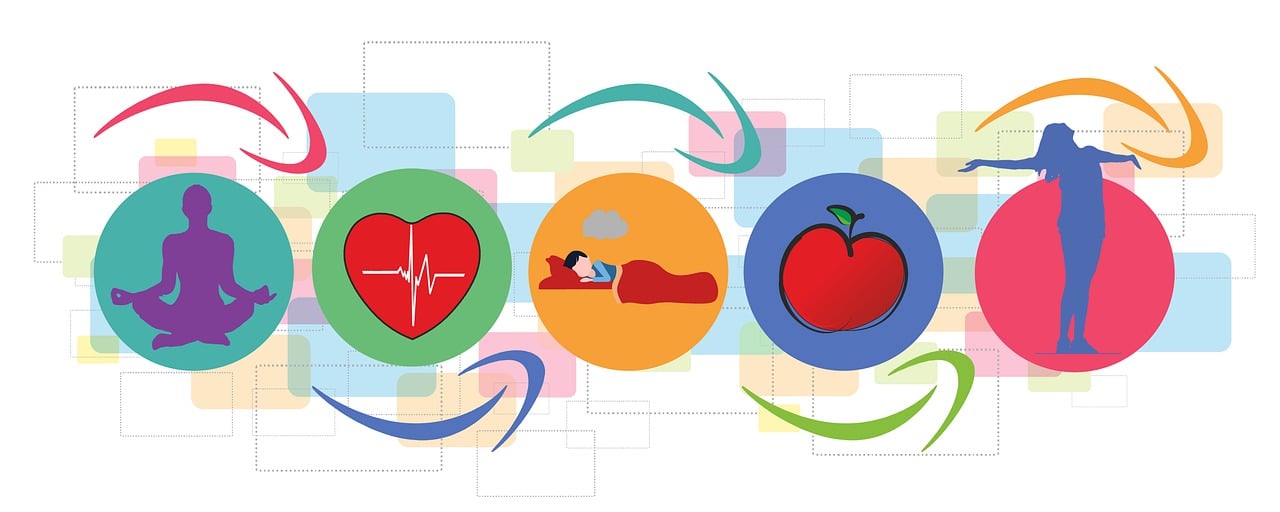
How quickly the state of ketosis manifests itself is an individual matter. It usually takes at least 30 days. However, the desired changes are visible only after several months of maintaining ketosis. Therefore, the ketogenic diet must be kept for longer to bring results.
For a state of ketosis to occur in the body, certain principles related to nutrition must be met. The diet is based on a high intake of fatty foods. Also, large amounts of protein. But, carbohydrates must be limited. If you want to induce a state of ketosis, you must conduct a diet based on the following conditions:
In the initial phase of the diet, carbohydrates should be severely restricted. But you need to observe the caloric requirements. During such a low availability of carbohydrates, there is an adaptation of the body. It results in the redirection of metabolism![]() to using fatty acids as energy. In practice, the keto diet is very demanding. Even a tiny excess of carbohydrates inhibits the production of ketone bodies.
to using fatty acids as energy. In practice, the keto diet is very demanding. Even a tiny excess of carbohydrates inhibits the production of ketone bodies.
The goal of the ketogenic diet is to change the energy source. You can do it by eliminating carbohydrates from the diet. At the core of the keto diet are good fats—dairy, vegetables, and fruits. A large group of products should also be limited or completely excluded. When following it, the prescribed proportions must be observed. First of all, the limit of carbohydrates should be watched. So see what to add to the ketogenic diet menu and what to exclude.
The ketogenic diet must provide nutrients. When you exclude many products, this can be challenging. Therefore, you need to know how to use the indicated products. So that the body can function correctly, first, you must take care of an ample fat supply to extract energy from them. Protein is also of great importance.

The basis of the ketogenic diet is fats![]() . It is necessary to provide a substantial amount of them. Consequently, you can eat fatty meats and fish. Even bacon is allowed, which would be strictly forbidden in other weight-loss diets. In the keto diet, it is also worth eating avocados, which have a lot of good fat and nuts
. It is necessary to provide a substantial amount of them. Consequently, you can eat fatty meats and fish. Even bacon is allowed, which would be strictly forbidden in other weight-loss diets. In the keto diet, it is also worth eating avocados, which have a lot of good fat and nuts![]() , although in small amounts.
, although in small amounts.
Various types of fat are available, such as animal fat like butter. But it is recommended to introduce healthy fats, such as olive oil. You can also eat dairy, preferably full-fat so that it contains as little sugar as possible. Cheese, milk, and yogurt can therefore be consumed.
Eggs, which are a source of protein, are also good products. Adequate amounts of protein![]() can be provided from meat products, fish, and seafood. It would help if you also ate plenty of vegetables to provide vitamins. You can eat various vegetables – eggplant, broccoli, and others. But remember that there is sugar in vegetables too.
can be provided from meat products, fish, and seafood. It would help if you also ate plenty of vegetables to provide vitamins. You can eat various vegetables – eggplant, broccoli, and others. But remember that there is sugar in vegetables too.
Therefore, you should limit fruits that have large amounts of sugar. You can eat strawberries, raspberries, and others. But in small quantities. You should also ensure your body is hydrated![]() during a ketogenic diet. Therefore, it is advisable to drink water. But watch out for drinks containing sugar, such as fruit juices. You can drink unsweetened coffee or tea.
during a ketogenic diet. Therefore, it is advisable to drink water. But watch out for drinks containing sugar, such as fruit juices. You can drink unsweetened coffee or tea.
The keto diet involves the exclusion of a significant group of products. This requires remembering what fruits, vegetables, and other products are inadvisable while following them. You must stick strictly to the diet rules. Otherwise, the body will not go into ketosis. Because of this, you will not achieve results. See what products you should avoid on a ketogenic diet.

You should avoid sugar![]() on a keto diet. Therefore, exclude sweet fruits such as pineapple or grapes with high amounts of sugar. Also, sweet drinks are not recommended, and, of course, sweets. Unfortunately, milk chocolate and other sweets should be abandoned or significantly reduced. You can only eat dark chocolate with a high cocoa content, but in small amounts should be consumed.
on a keto diet. Therefore, exclude sweet fruits such as pineapple or grapes with high amounts of sugar. Also, sweet drinks are not recommended, and, of course, sweets. Unfortunately, milk chocolate and other sweets should be abandoned or significantly reduced. You can only eat dark chocolate with a high cocoa content, but in small amounts should be consumed.
Above all, carbohydrates![]() should be limited. With minimal charges, you can eat them. Therefore, avoid white bread and other grain products
should be limited. With minimal charges, you can eat them. Therefore, avoid white bread and other grain products![]() , such as oatmeal. Also, pasta or rice – should be kept to a minimum. It would be best to watch out for certain vegetables – like potatoes, which are a source of carbohydrates.
, such as oatmeal. Also, pasta or rice – should be kept to a minimum. It would be best to watch out for certain vegetables – like potatoes, which are a source of carbohydrates.
Alcohol, especially liquor or sweet wine, should also not be consumed. Beer is also forbidden. You can drink whiskey and other spirits that do not contain carbohydrates in small amounts. You should also watch out for any products to which sugar is added—for example, fruit yogurts. If you want to lose weight, limit processed foods![]() like chips and other snacks.
like chips and other snacks.
The process of ketosis has desirable health effects for certain groups of people. It helps to lose weight. By changing the source of energy, it burns fat quickly and efficiently. The ketogenic diet is therefore recommended for obese people![]() . If there are no contraindications.
. If there are no contraindications.
Another advantage is the anti-inflammatory effect![]() . Ketone bodies are not only a source of energy but have a modulating impact on inflammatory processes and oxidative stress. Anti-epileptic effects
. Ketone bodies are not only a source of energy but have a modulating impact on inflammatory processes and oxidative stress. Anti-epileptic effects![]() have also been noted in people on a keto diet. It brings results, especially in children who have epilepsy. It is also used to treat inborn metabolic defects and type two diabetes.
have also been noted in people on a keto diet. It brings results, especially in children who have epilepsy. It is also used to treat inborn metabolic defects and type two diabetes.
Numerous studies have observed that it also results in a reduction of cardiovascular disease![]() risk factors. Also, many preclinical studies indicate the diet's therapeutic potential in treating cancer. It slows tumor growth and prolongs longing survival, even when used as the sole therapy.
risk factors. Also, many preclinical studies indicate the diet's therapeutic potential in treating cancer. It slows tumor growth and prolongs longing survival, even when used as the sole therapy.
Specialists are considering the ketogenic diet as a treatment option. Research results in this area are promising. An increasing number of researchers see the possibility of using the diet in supporting the treatment of neurological diseases![]() – like Parkinson's disease.
– like Parkinson's disease.

The ketogenic allows you to lose weight and has positive health effects. But for some people, the state of ketosis is not advisable. Ketosis can cause various side effects. The state of ketosis, in some cases, can be dangerous. Therefore, before starting drastic changes in the diet, consult a specialist.
During ketosis, the liver![]() may be at risk. The kidneys
may be at risk. The kidneys![]() and pancreas are also stressed. People with any problems related to these organs should not be on a ketogenic diet. Various diseases or insufficiencies can be aggravated. Some people should first seek medical advice before starting a ketogenic diet. These include people with metabolic disorders
and pancreas are also stressed. People with any problems related to these organs should not be on a ketogenic diet. Various diseases or insufficiencies can be aggravated. Some people should first seek medical advice before starting a ketogenic diet. These include people with metabolic disorders![]() or diabetes
or diabetes![]() . There is a risk that a ketogenic diet can also harm people with hypoglycemia
. There is a risk that a ketogenic diet can also harm people with hypoglycemia![]() .
.
The state of ketosis puts a strain on the body. It is essential to prepare correctly before entering this state. In addition, the keto diet can cause digestive problems![]() . Therefore, care should also be taken during the diet to provide adequate fiber. Due to the highly drastic nature of the changes this type of diet causes, it is recommended to plan it with a nutritionist.
. Therefore, care should also be taken during the diet to provide adequate fiber. Due to the highly drastic nature of the changes this type of diet causes, it is recommended to plan it with a nutritionist.
If you have decided to go on a ketogenic diet, you must remember essential aspects to avoid exposing your body to unnecessary health risks. Here are some critical points to remember before starting a keto diet.
Perform several tests: Before introducing the ketogenic diet into your daily life, perform the necessary tests. Especially examine the functioning of your liver and kidneys. During a ketogenic diet, they are put under considerable stress.
Hydrate your body: During the period of adaptation to the ketosis state, your body needs a lot of water. There is an increased risk of dehydration. Therefore, you should start the keto diet with adequate fluids.
Supplementation: The keto diet is demanding, so supplementation is needed. Remember to provide adequate amounts of vitamins and minerals. Take care of your potassium and magnesium levels. Also, sodium should be supplemented. In addition, it is worth taking omega-3 acids and vitamins.
Plan your diet – a keto diet can be challenging to organize, so it is recommended that you consult a specialist. A nutritionist will help you put the diet into practice. Determining meals can be very difficult, especially at the beginning.

The ketogenic diet is a model of nutrition. It involves a significant reduction in carbohydrate intake. This slowly puts the body into a state of ketosis. During this state, fats become the primary source of energy. The diet requires a significant restriction of sugars and carbohydrates, so many products must be avoided.
On the other hand, the recommended products contain large amounts of fats and protein. The ketogenic diet has many advantages. It is especially recommended for obese people. This type of diet has a significant effect on burning fat. In addition, it has health effects. Among other things, antiepileptic effect.
But not everyone should opt for a ketogenic diet. These include people who have health problems with the liver or kidneys. The ketogenic diet is complicated and specific, so it should be cautiously approached. It is recommended to discuss the diet with a specialist.
Table of Contents
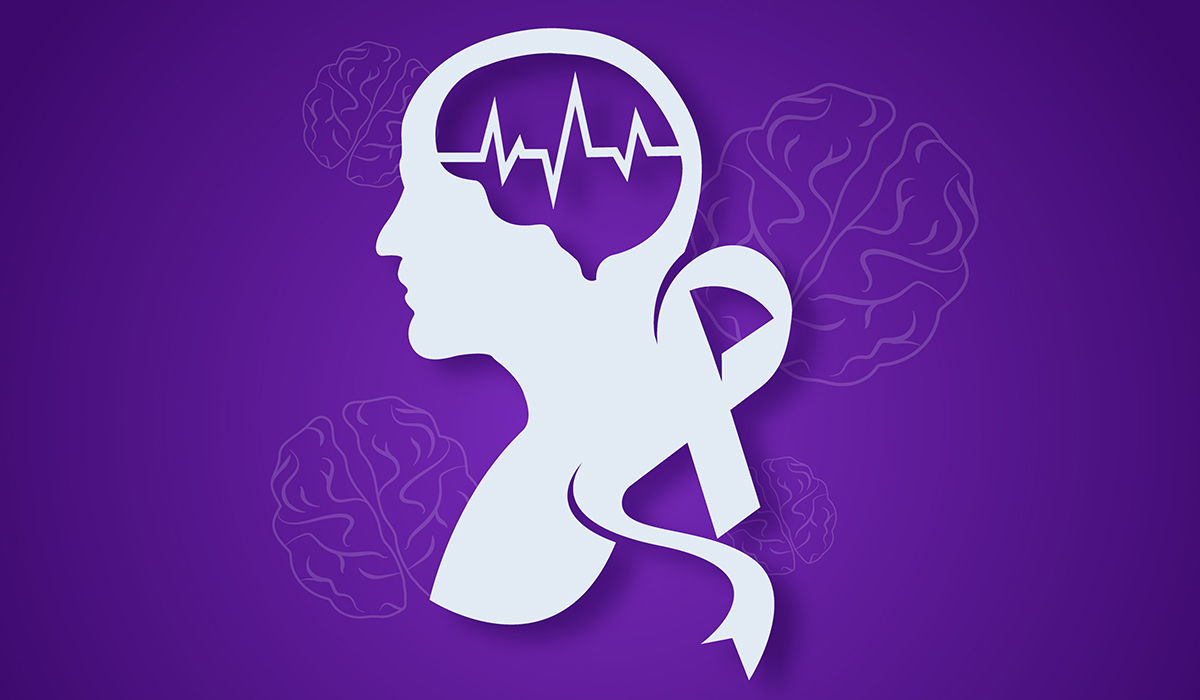
Epilepsy is the result of abnormal functioning of cerebral cortex cells. How does it manifest itself? How is epilepsy diagnosed… read more »
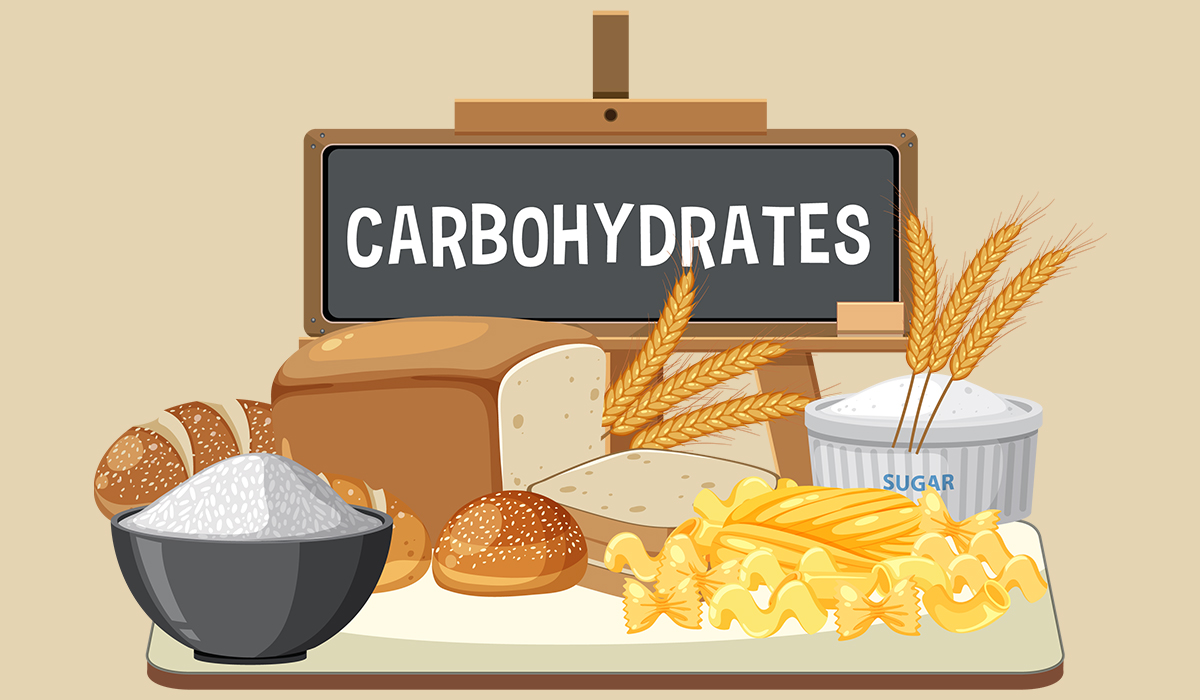
Carbohydrates are organic compounds made up of carbon, hydrogen, and oxygen atoms. They are one of the main types of… read more »
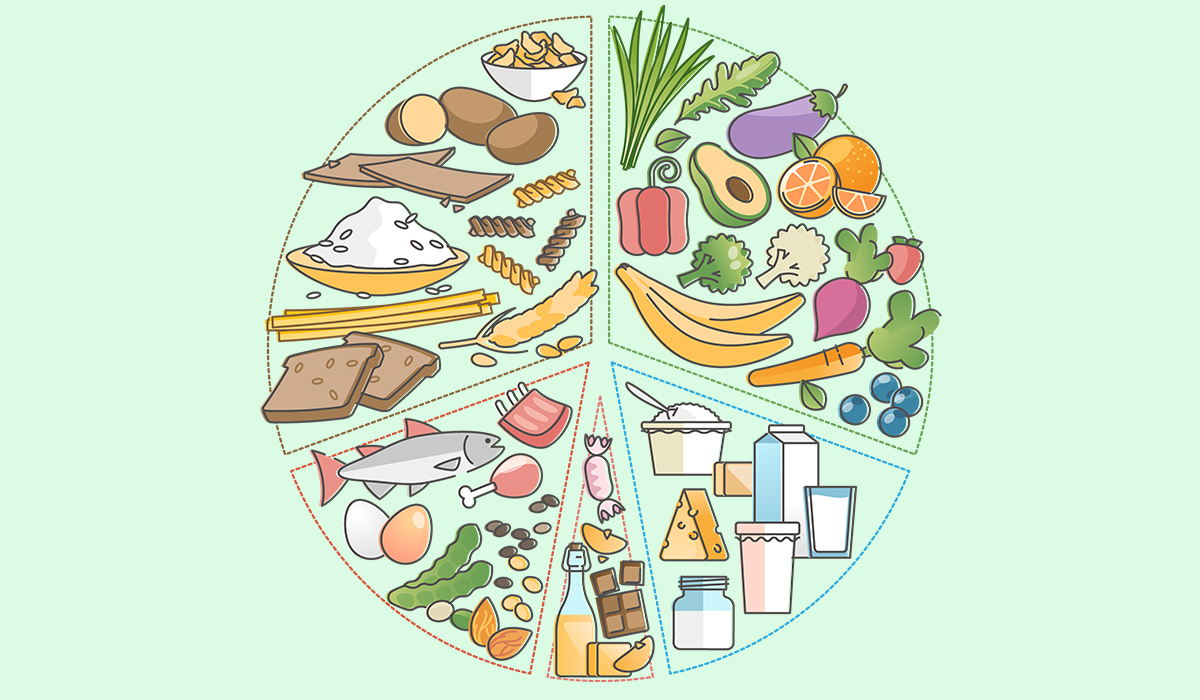
The DASH diet is a diet ideal for improving hypertension. In addition, it also has many other benefits. Learn about… read more »

Sugar is a delicious food ingredient that gives you energy. Unfortunately, some types of sugar have been linked to dangerous… read more »

The Mediterranean diet is a popular way of eating that has many health benefits. See how to improve your eating… read more »
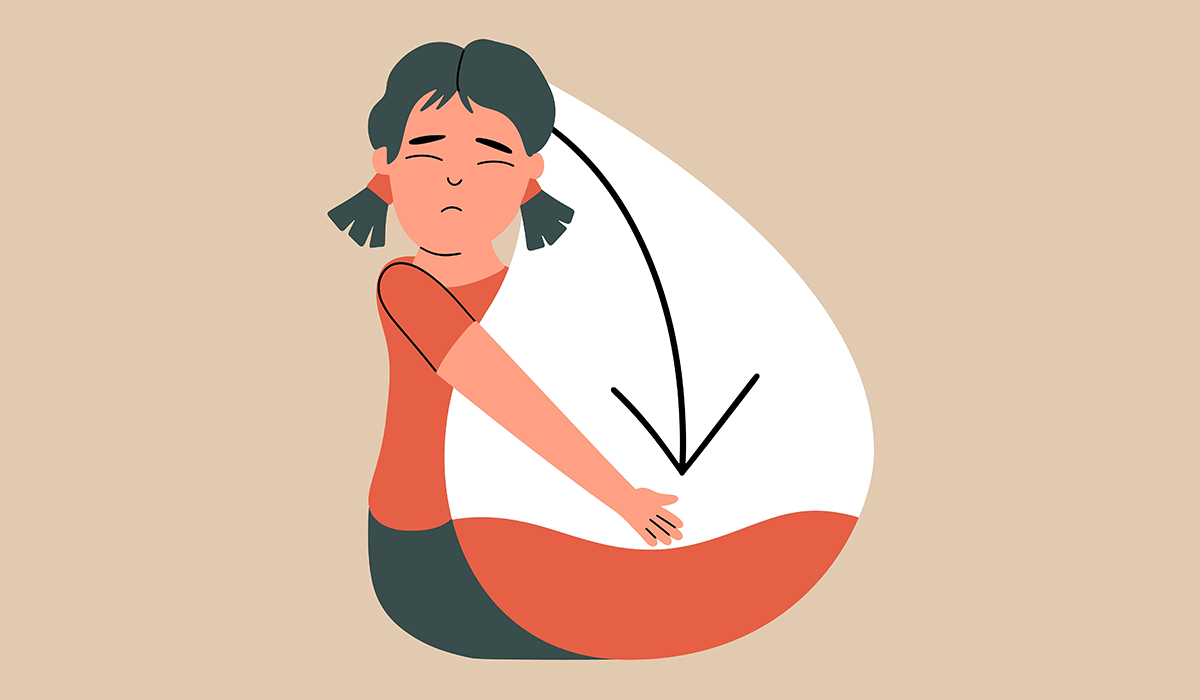
Hypoglycemia is a set of symptoms associated with a decrease in blood sugar levels, which disappears after the administration of… read more »
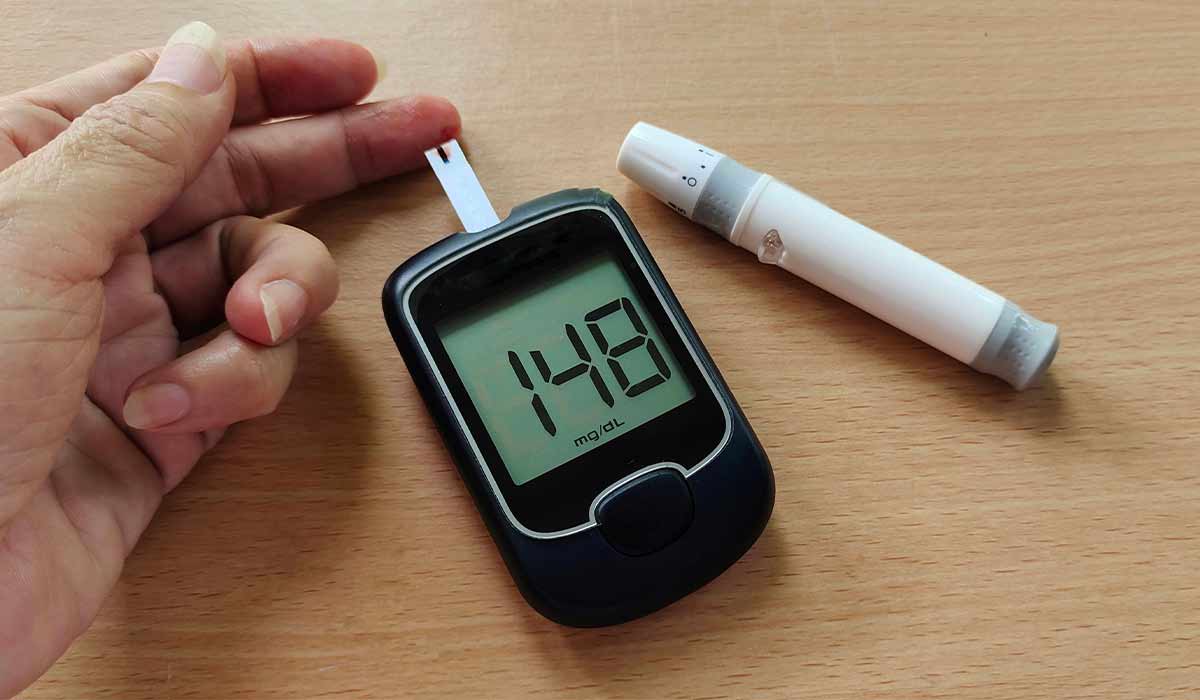
When blood glucose levels are too high, it leads to a hyperglycemia. Discover effective ways to reduce your sugar levels… read more »

Did you know that intermittent fasting is a safe and effective way to lose weight? Learn the principles of intermittent… read more »
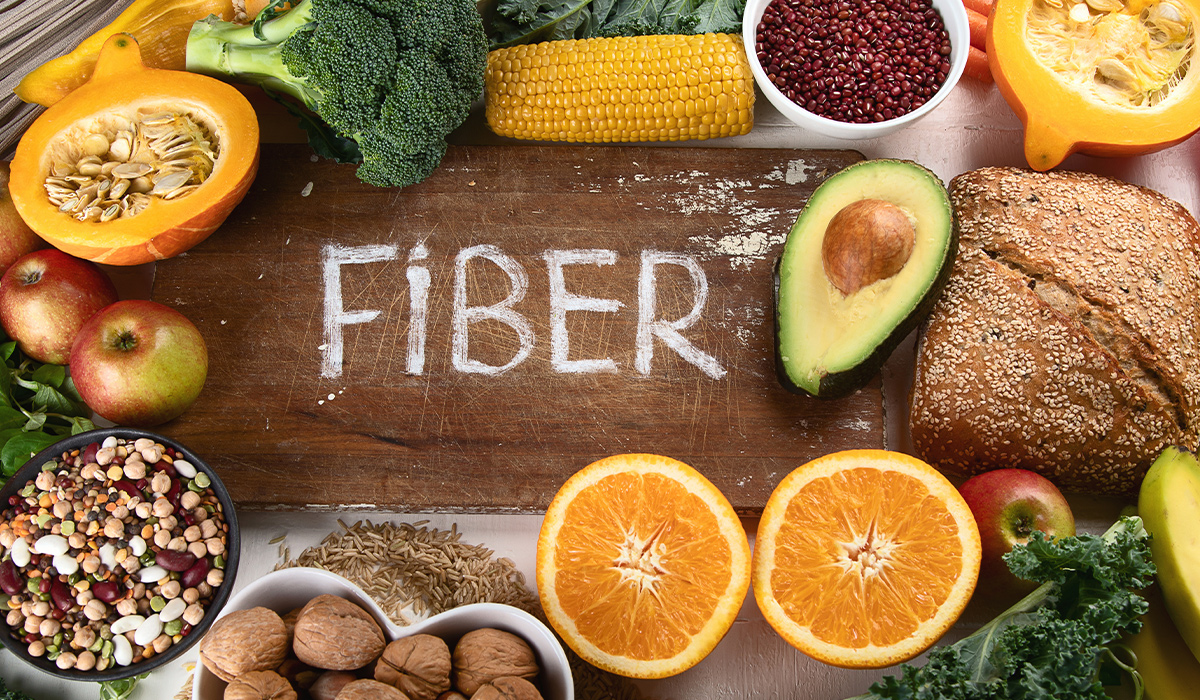
Do you know how eating high fiber foods will affect your health? Learn all about fiber and how it affects… read more »